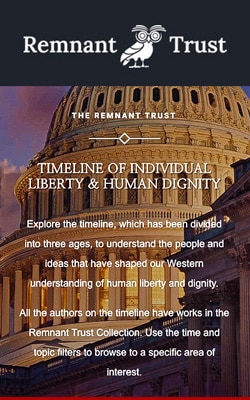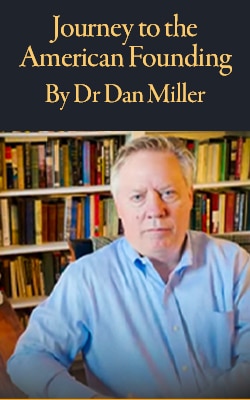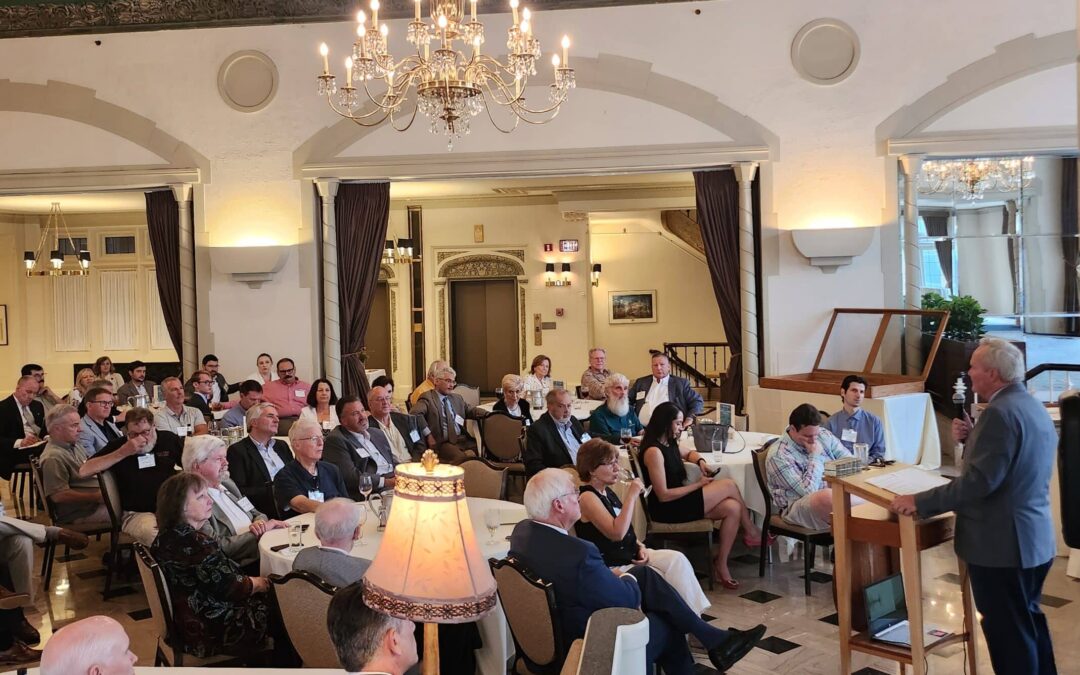“The History of Money”
Salon Discussion | Larry Reed | Indianapolis, IN | August 8, 2023
“Popular opinion holds that money is an invention of government and functions best as a government monopoly, but history suggests otherwise. Where money came from may be largely forgotten, but knowing its past is essential if we are to avoid the bad policies that have repeatedly devastated whole economies” —Lawrence W. (“Larry”) Reed, president emeritus, Foundation for Economic Education.
Everybody knows who invented the light bulb, but do you know who invented money, an indispensable fixture of modern life just as ubiquitous as Edison’s creation? In this talk, economist and historian Lawrence (“Larry”) Reed will explain the origin and nature of money, as well as a couple experiences with its ruination through hyperinflation.
The History of Money as informed by classical works:
History of England by David Hume, 1807 | The quantity theory of money makes one of its earliest appearances in Hume’s writing. He argued that prices rise or fall in proportion to changes in the money supply.
Theory of Money and Credit by Ludwig von Mises, 1912 | In this path breaking work, Mises explained that for any substance to emerge as a medium of exchange, it must first be familiar to people, widely used for other purposes, and hence, a very marketable item.
The Decline and Fall of the English System of Finance by Thomas Paine, 1796 | The most notable pamphleteer of the American Revolution, Paine played a more important role in the monetary debates of the time than most people know. He was a trenchant critic of paper money.
Proposals for an Economical and Secure Currency by David Ricardo, 1816 | Ricardo argued that “a depreciation of the circulating medium is the necessary consequence of its redundancy.” The proper policy for Britain after the war with Napoleon was to restore redeemability of its currency into gold.
An Inquiry into the Nature and Causes of the Wealth of Nations by Adam Smith, 1776 | Smith believed that though a sound and reliable medium of exchange was important, it is a mistake to equate money with wealth. Money is a claim to wealth (goods and services) and all the money in the world will leave you destitute if it won’t buy you goods and services.




